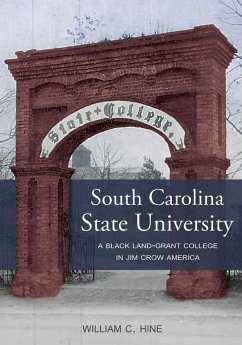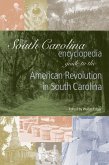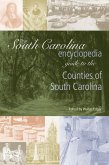The turbulent history of one of South Carolina's historically black colleges and its significant role in the civil rights movement
Since its founding in 1896, South Carolina State University has provided vocational, undergraduate, and graduate education for generations of African Americans. Now the state's flagship historically black university, it achieved this recognition after decades of struggling against poverty, inadequate infrastructure and funding, and social and cultural isolation. In South Carolina State University: A Black Land-Grant College in Jim Crow America, William C. Hine examines South Carolina State's complicated start, its slow and long-overdue transition to a degree-granting university, and its significant role in advancing civil rights in the state and country.
A product of the state's "separate but equal" legislation, South Carolina State University was a hallmark of Jim Crow South Carolina. Black and white students were indeed provided separate colleges, but the institutions were in no way equal. When established, South Carolina State emphasized vocational and agricultural subjects as well as teacher training for black students while the University of South Carolina offered white students a broad range of higher-level academic and professional course work leading to a bachelor's degree.
Through the middle decades of the twentieth century, South Carolina State was an incubator for much of the civil rights activity in the state. The tragic Orangeburg massacre on February 8, 1968, occurred on its campus and resulted in the deaths of three students and the wounding of twenty-eight others. Using the university as a lens, Hine examines the state's history of race relations, poverty and progress, and the politics of higher education for whites and blacks from the Reconstruction era into the twenty-first century. Hine's work showcases what the institution has achieved as well as what was required for the school to achieve the parity it was once promised.
This fascinating account is replete with revealing anecdotes, more than sixty photographs and illustrations, and a cast of famous figures including Benjamin R. Tillman, Coleman Blease, Benjamin E. Mays, Marian Birnie Wilkinson, Mary McLeod Bethune, Modjeska Simkins, Strom Thurmond, Essie Mae Washington Williams, James F. Byrnes, John Foster Dulles, James E. Clyburn, and Willie Jeffries.
Since its founding in 1896, South Carolina State University has provided vocational, undergraduate, and graduate education for generations of African Americans. Now the state's flagship historically black university, it achieved this recognition after decades of struggling against poverty, inadequate infrastructure and funding, and social and cultural isolation. In South Carolina State University: A Black Land-Grant College in Jim Crow America, William C. Hine examines South Carolina State's complicated start, its slow and long-overdue transition to a degree-granting university, and its significant role in advancing civil rights in the state and country.
A product of the state's "separate but equal" legislation, South Carolina State University was a hallmark of Jim Crow South Carolina. Black and white students were indeed provided separate colleges, but the institutions were in no way equal. When established, South Carolina State emphasized vocational and agricultural subjects as well as teacher training for black students while the University of South Carolina offered white students a broad range of higher-level academic and professional course work leading to a bachelor's degree.
Through the middle decades of the twentieth century, South Carolina State was an incubator for much of the civil rights activity in the state. The tragic Orangeburg massacre on February 8, 1968, occurred on its campus and resulted in the deaths of three students and the wounding of twenty-eight others. Using the university as a lens, Hine examines the state's history of race relations, poverty and progress, and the politics of higher education for whites and blacks from the Reconstruction era into the twenty-first century. Hine's work showcases what the institution has achieved as well as what was required for the school to achieve the parity it was once promised.
This fascinating account is replete with revealing anecdotes, more than sixty photographs and illustrations, and a cast of famous figures including Benjamin R. Tillman, Coleman Blease, Benjamin E. Mays, Marian Birnie Wilkinson, Mary McLeod Bethune, Modjeska Simkins, Strom Thurmond, Essie Mae Washington Williams, James F. Byrnes, John Foster Dulles, James E. Clyburn, and Willie Jeffries.
Dieser Download kann aus rechtlichen Gründen nur mit Rechnungsadresse in A, D ausgeliefert werden.









